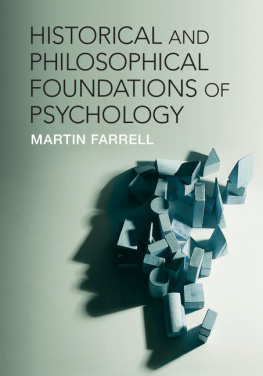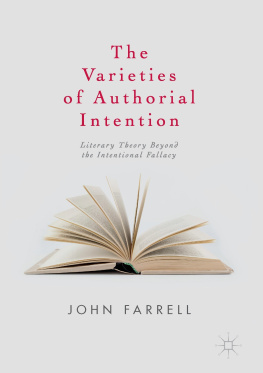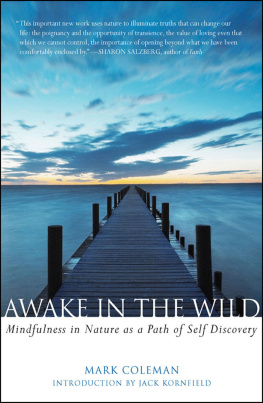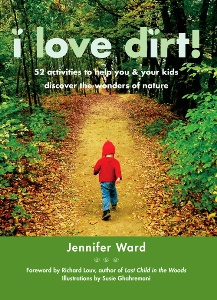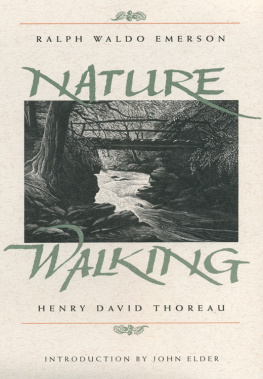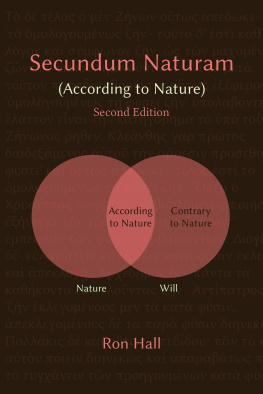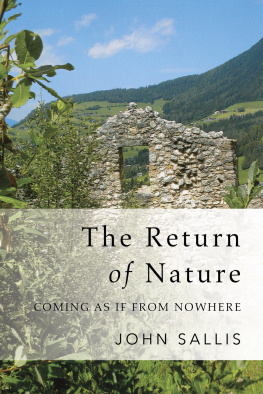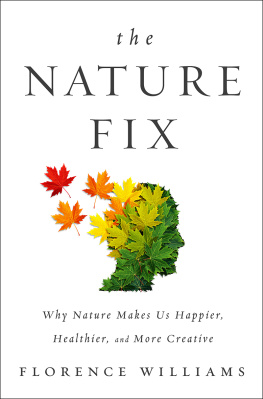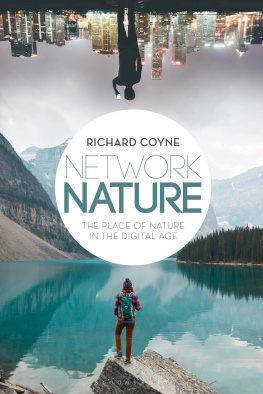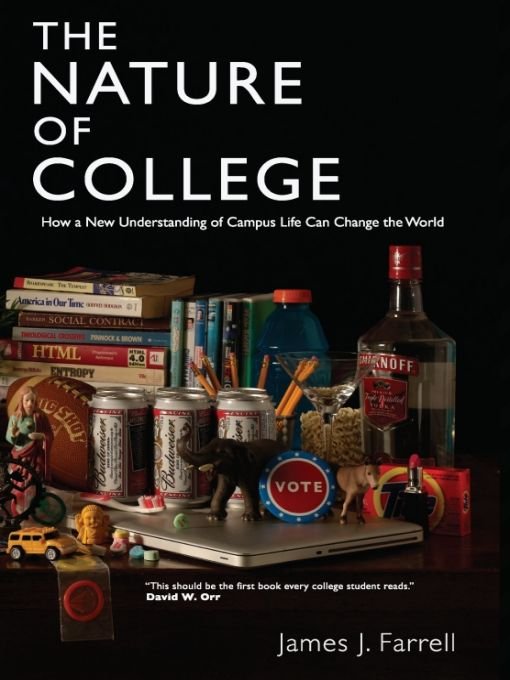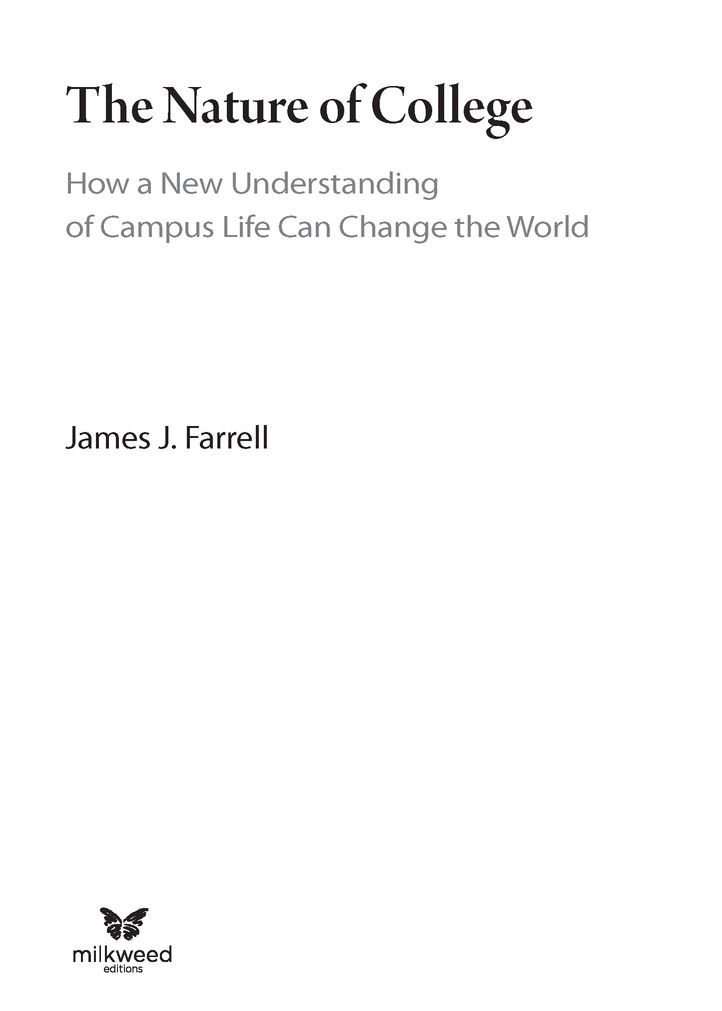Table of Contents
Also by JAmEs J. FArr Ell
Inventing the American Way of Death, 1830-1920
The Nuclear Devils Dictionary
The Spirit of the Sixties
One Nation Under Goods:Malls and the Seductions of American Shopping
To Americas College Students
Prelude
A way of seeing is also a way of not seeing.
Kenneth burke, Permanence and Change
Ordinary is just another word for not paying attention.
Frank Gohlke and mark I owry, Prairie Castles
We have several thousand thoughts a day, and probably about 95 percent of those thoughts are the same every day.
John Adams, Thinking Tod ay as if Tomorrow Mattered
Education, I fear, is learning to see one thing by going blind to another.
Aldo l eopold, A Sand County Almanac
I am sane only when I have risen above my common sense....
Wisdom is not common.
Henry David Thoreau, Journal entry: June 22, 1851
College students have a lot on their minds. A few years ago, students of mine mapped the mind of an average college student. I gave them an outline of an empty head and asked them to fill it with the everyday concerns of college life. The results were fascinating: classes, homework, grades, friends and family, sex and relationships, food and snacks, drinking and drugs, jobs and financial issues all interrelated with religious and moral concerns. They try, as one student said, to figure out what the hell theyre going to do with the rest of their lives.
As this suggests, students think about a lot at college. But what do they really learn? In the classroom they pick up some math, a little science, and a social study or two. They learn enough American history and political science to be competitive on trivia night, but they also acquire such subtle skills as how to look attentive in class while thinking of sex, relationships, and money. They discover, quickly, the social value of a major, which is why so many incoming students are premed or pre-law. If they arent careful, students might get stereotyped by less desirable majors, like the soon-to-be-impoverished poets in English or the dreamers in the art department. By the second semester of their first year they already know which professors give an easy A and why they should never take an 8:00 a.m. class again. Masters at multitasking, they procrastinate, text friends, check Facebook, drink coffee, listen to music, and cleanall at once.
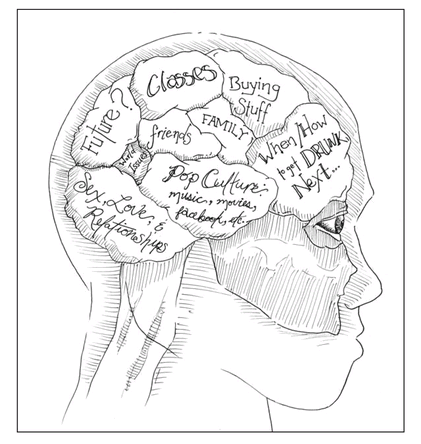
At college, students learn to live for the breaks and wait for the weekend. They know which fraternities throw the wildest parties. They master the fine art of drinking beer from a bong or a Frisbee or a boot, along with the more difficult lessons associated with overcoming a hangover. At parties and elsewhere, students learn how to present themselves physically and socially for maximum magnetism. Once they draw someone in, students practice other arts and crafts, like the fine art of hooking up or the subtle craft of condom use. They find the best campus places for privacy and discover the delicate politics of sexile.
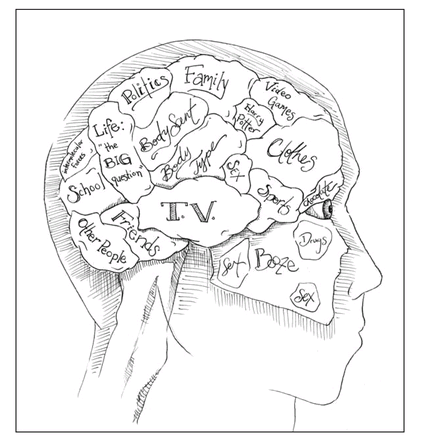
The academic cycle of cramming for tests and forgetting a great percentage of the material immediately afterward becomes the cycle of their academic life. Its the grade thats important, not what they actually learn. Therefore many students refine their talent for bullshit: perfecting the discussion of books theyve never read, cranking out five hundred words about anything or nothing, writing a response paper ten minutes before class, and pounding out a ten-page expository essay (with footnotes) in a day. Good students learn what the professor wants, which buzzwords she likes, and how to give her both in bulk.
Of course, some students learn more substantial stuff in academia. These students learn to love ideas and the art of a well-crafted sentence. They learn to work harder than they ever imagined, and to play harder, too. Some students learn several of lifes important questions, and one or two of the answers. They learn a little more about the self beneath the surface, and what theyre good at and good for.
Most students take a foreign language, but many discover that slang is taken more seriously by their peers. So students learn how to call out a tool, troll, nerd, slush, or sorostitute, and they know synonyms for liquid courage and beer goggles. A lot of college slang involves natural endowments, natural functions, and the call of nature, but almost none of it enhances students love or understanding of the natural world.
Students learn college culture (mostly from other studentscertainly not professors) and pass the patterns and practices of everyday life on campus from one graduating class to the next. But as they find a place in campus culture, they also define their place in the world, both socially and ecologically.
College is a place where students could think twice about American culture and ecosystems, but most students still dont, despite the fact that people are causing climate changetransforming the good Earth into a different planet. We love to joke about global warming. Warming sounds like something familiar, and, especially in the North, it sounds good. But were facing what Hunter Lovins callsmore accuratelyglobal weirding. Global weirding is radically different from anything human beings have ever experienced. Earth is not just getting warmer, its warming and cooling, getting wetter and drier, becoming stormier and increasingly unstable. To make matters worse, weirding is a feedback loop, responding in ways that reinforce these problematic tendencies. As ice melts, more heat is absorbed into oceans. As tundra melts, more methane leaks into the atmosphere, accelerating the greenhouse effect. At current rates of change, in the year 2100 New York will have as many 100-degree days as Miami does now, and coastal colleges and universities maybe underwater in more than just a financial sense.
Students learn a lot in college, but most students arent learning what they need to create a restorative society, a hospitable earth, and a future with college campuses securely above water. Colleges now need to provide the knowledge and practices humans need for the future, to show in word and deed how a sustainable society might work. A college that wants to remain relevant to its students will teach them how to be leaders in the ecological transition of the twenty-first century. If it works right, a college education will teach students to develop what David Orr calls designing minds, minds that are prepared to design a good society in harmony with nature. Orr suggests that higher education should be designed . to equip young people with a basic understanding of systems and to develop habits of mind that seek out patterns that connect human and natural systems; 2. to teach young people the analytical skills necessary for thinking accurately about cause and effect; 3. to give students the practical competence necessary to solve local problems; and 4. to teach young people the habit of rolling up their sleeves and getting down to work. Institutions of higher education have always prepared students to succeed in the so-called real world. Our colleges and universities now need to teach students how to live responsibly on the planet as well.




